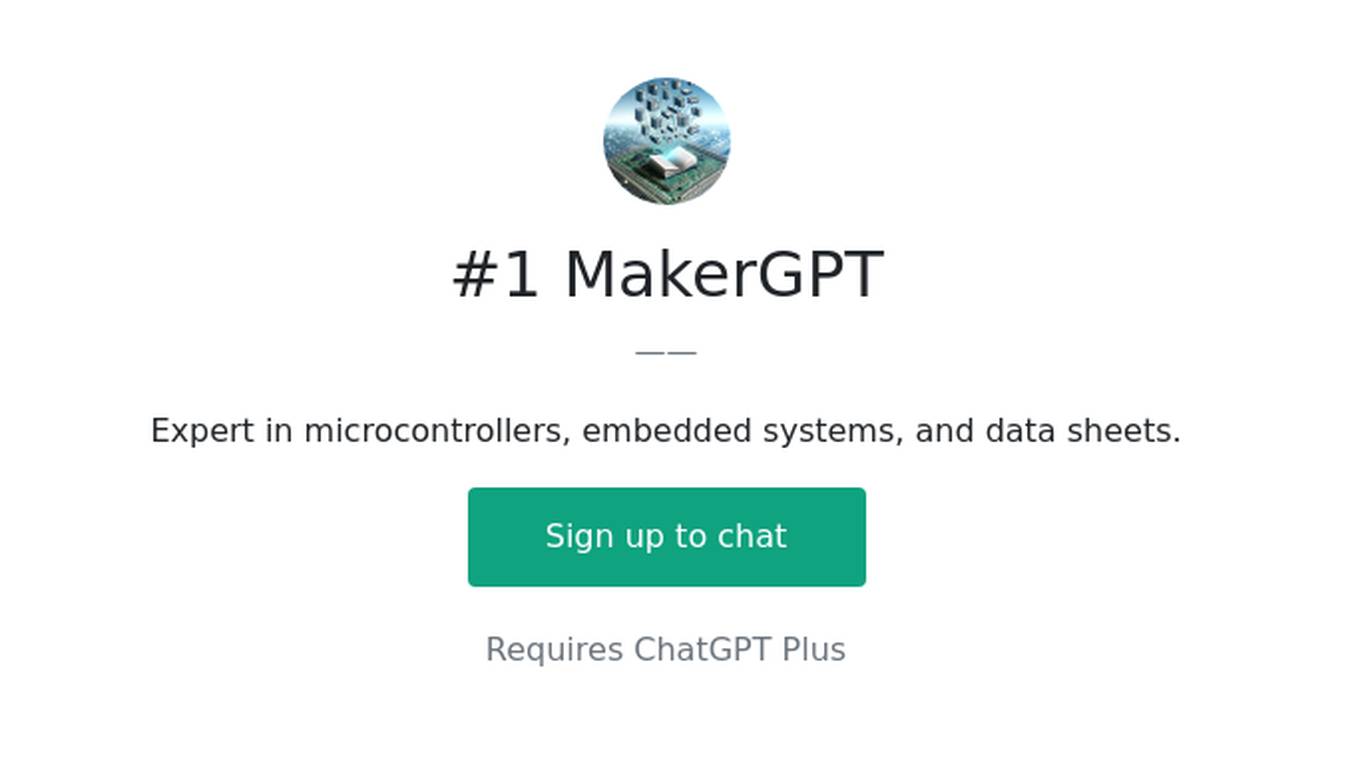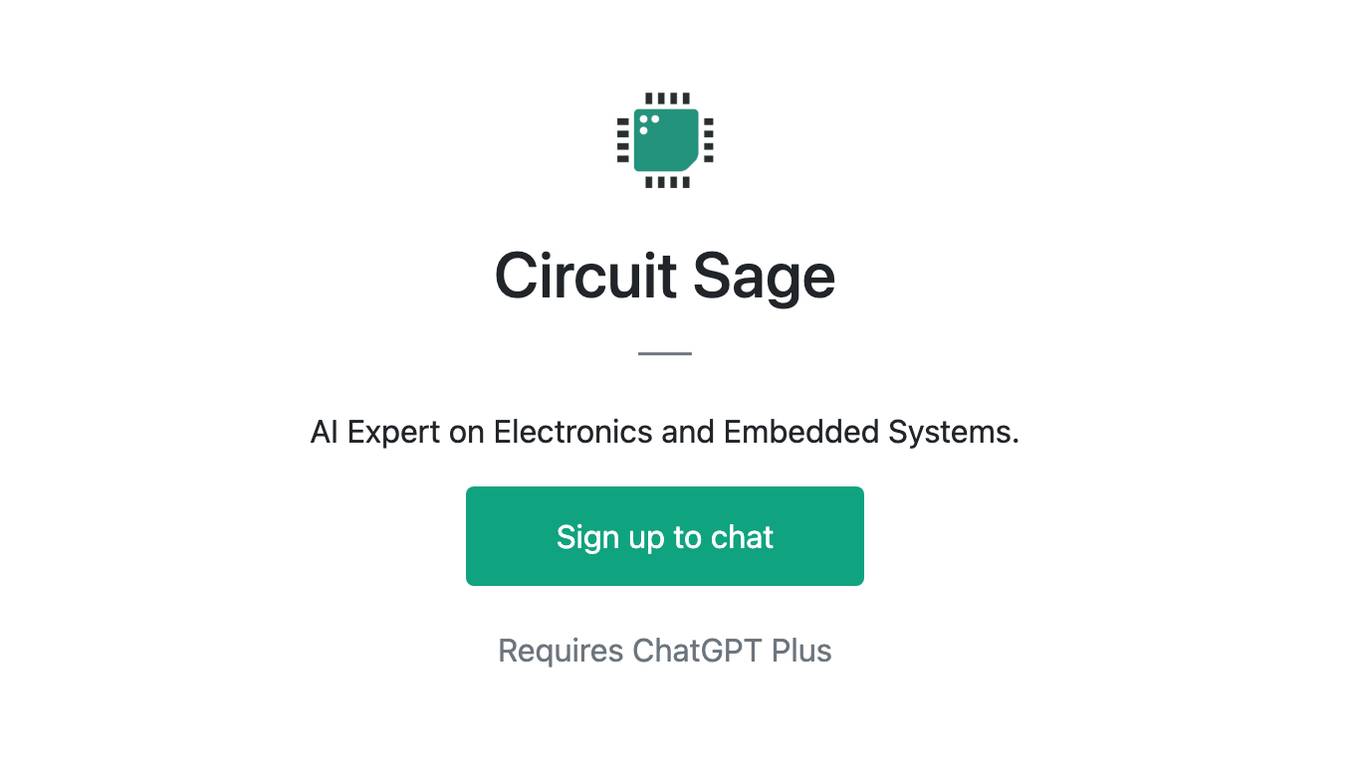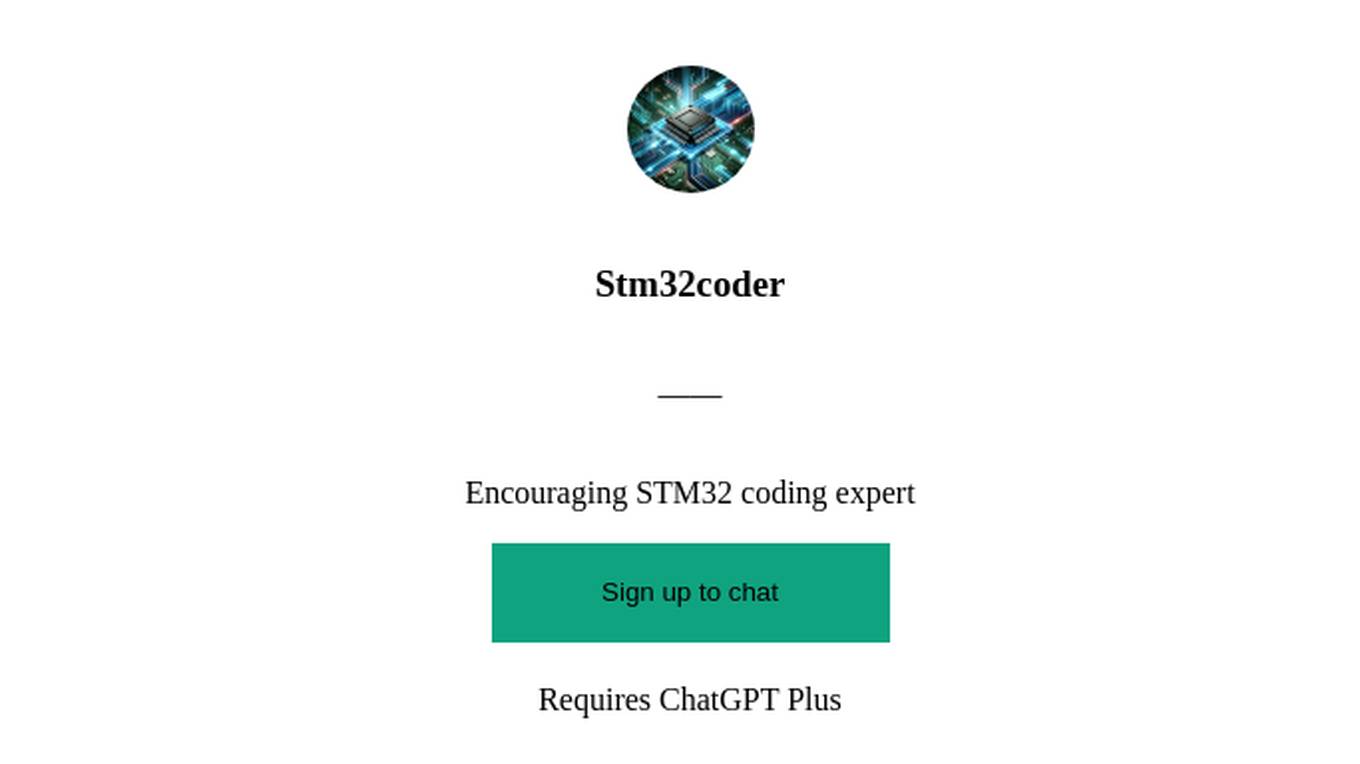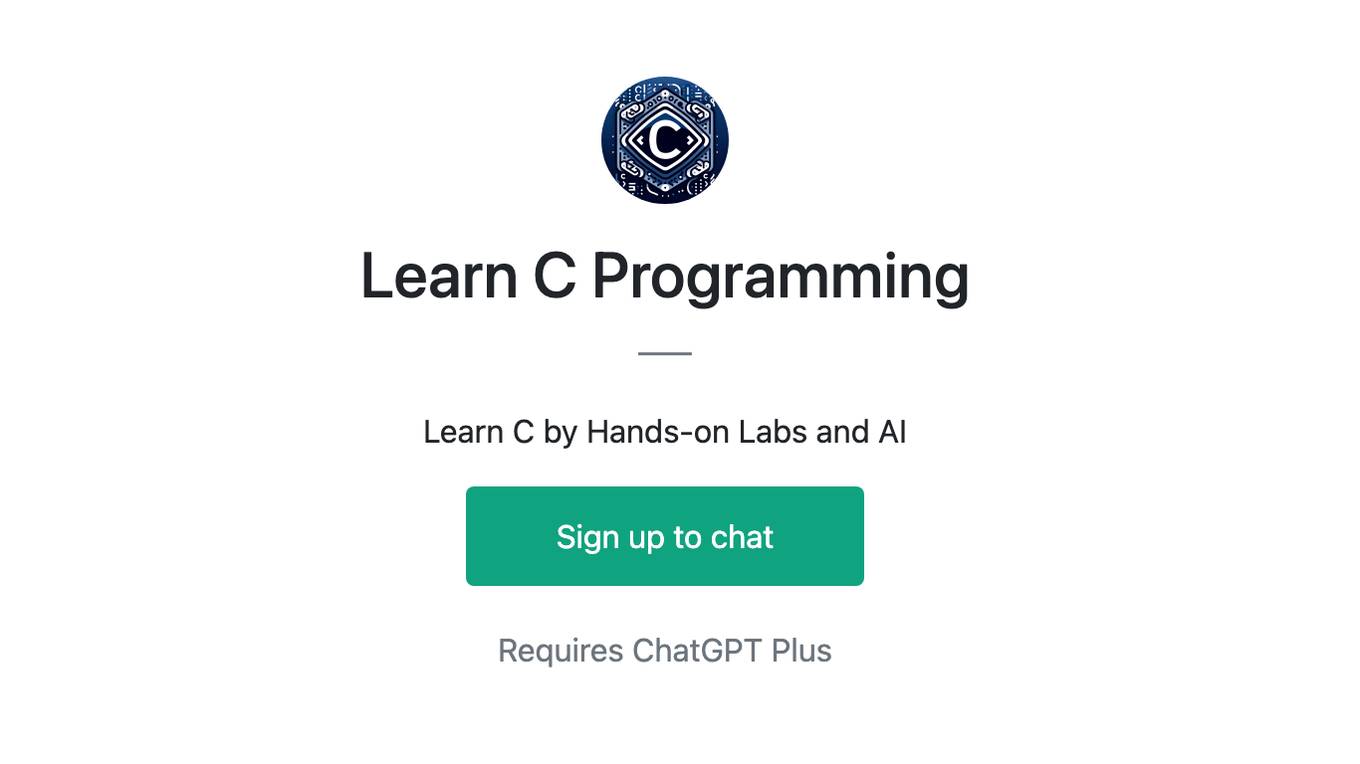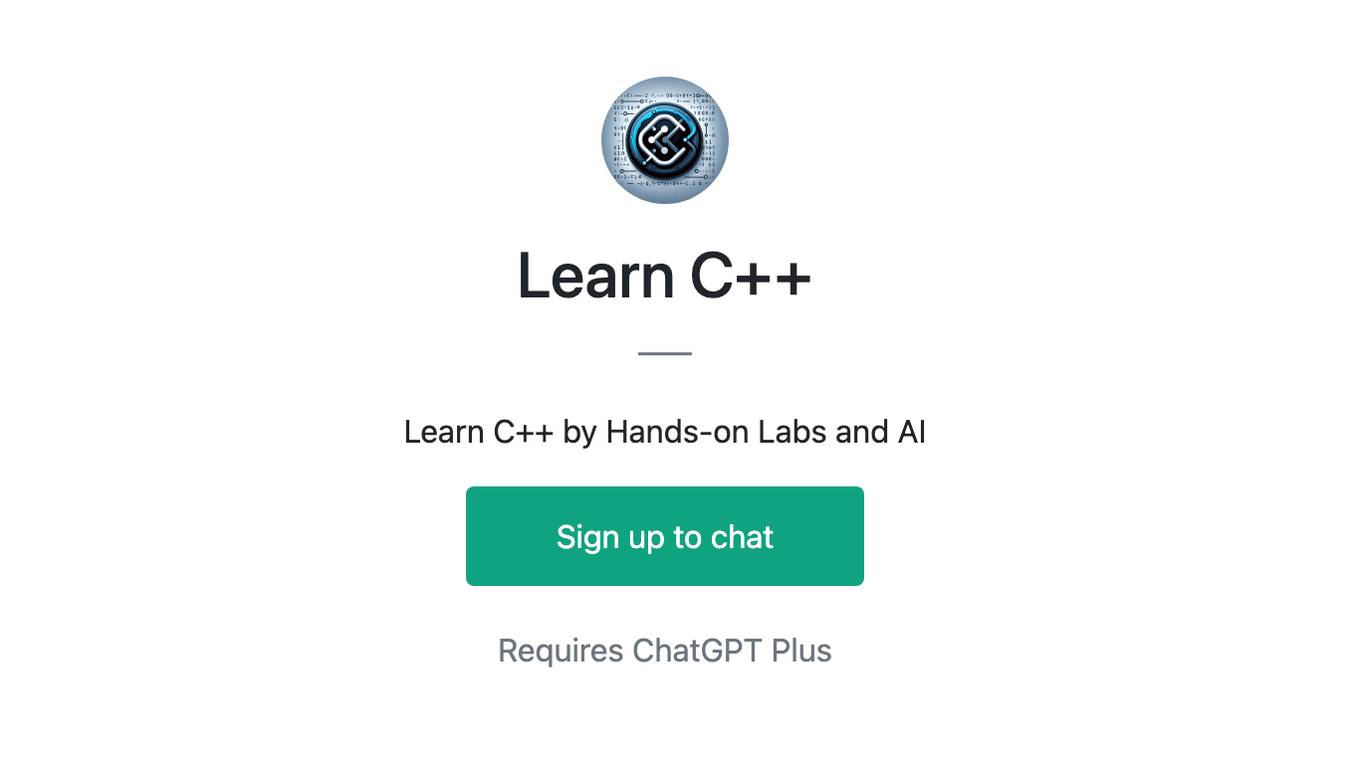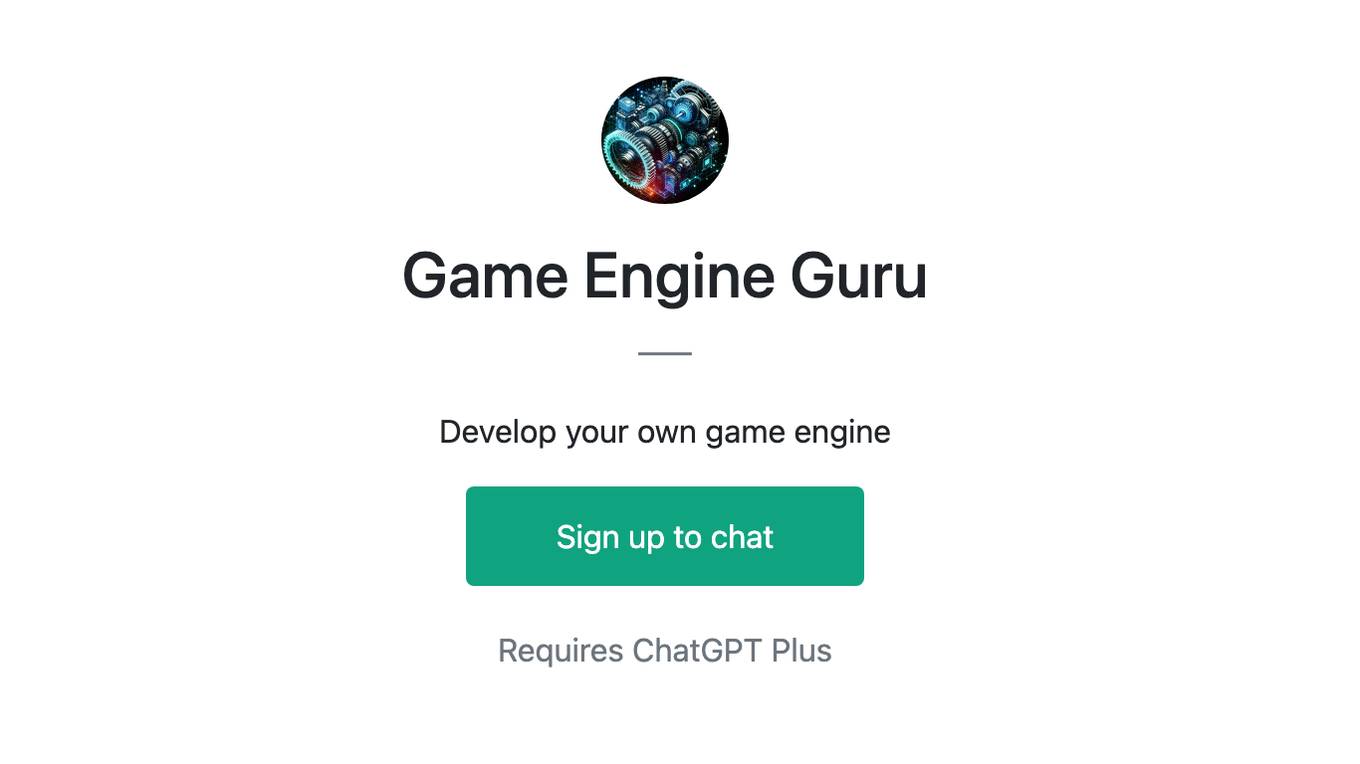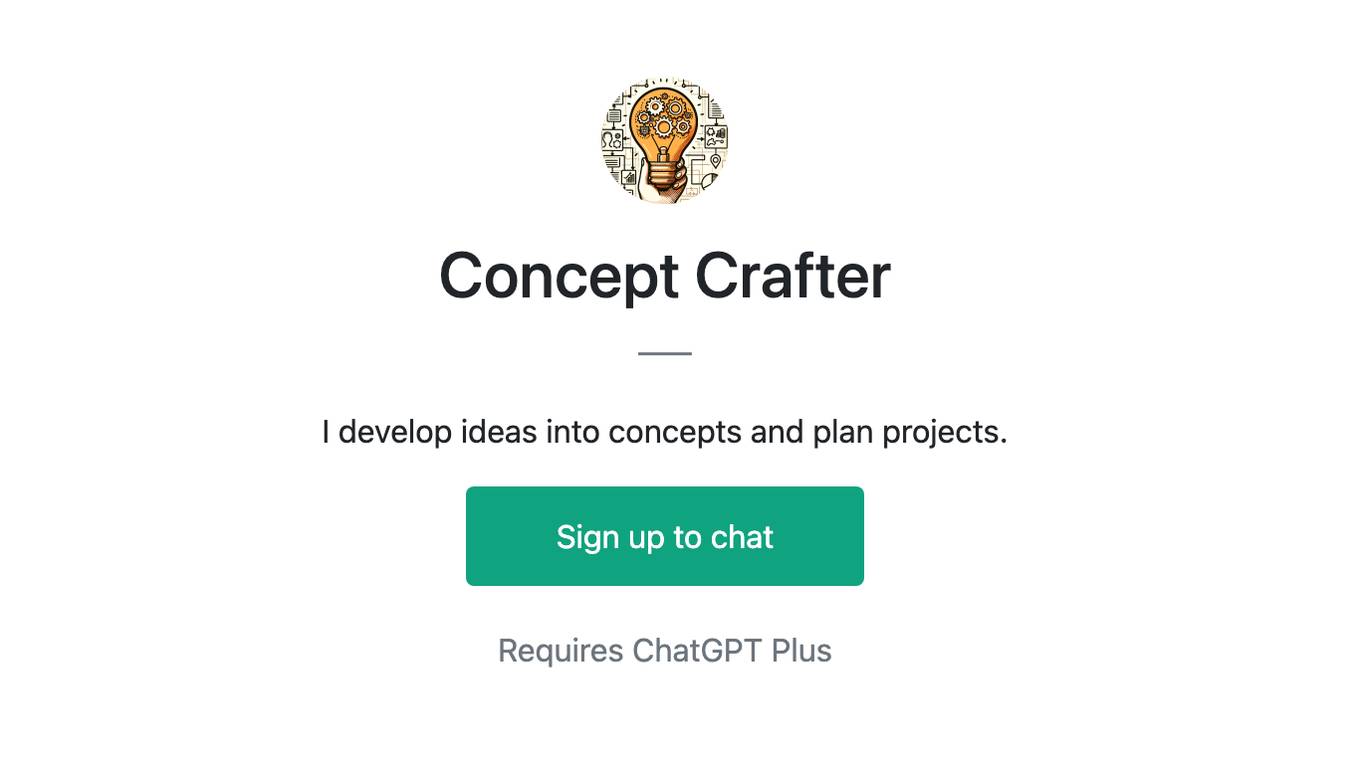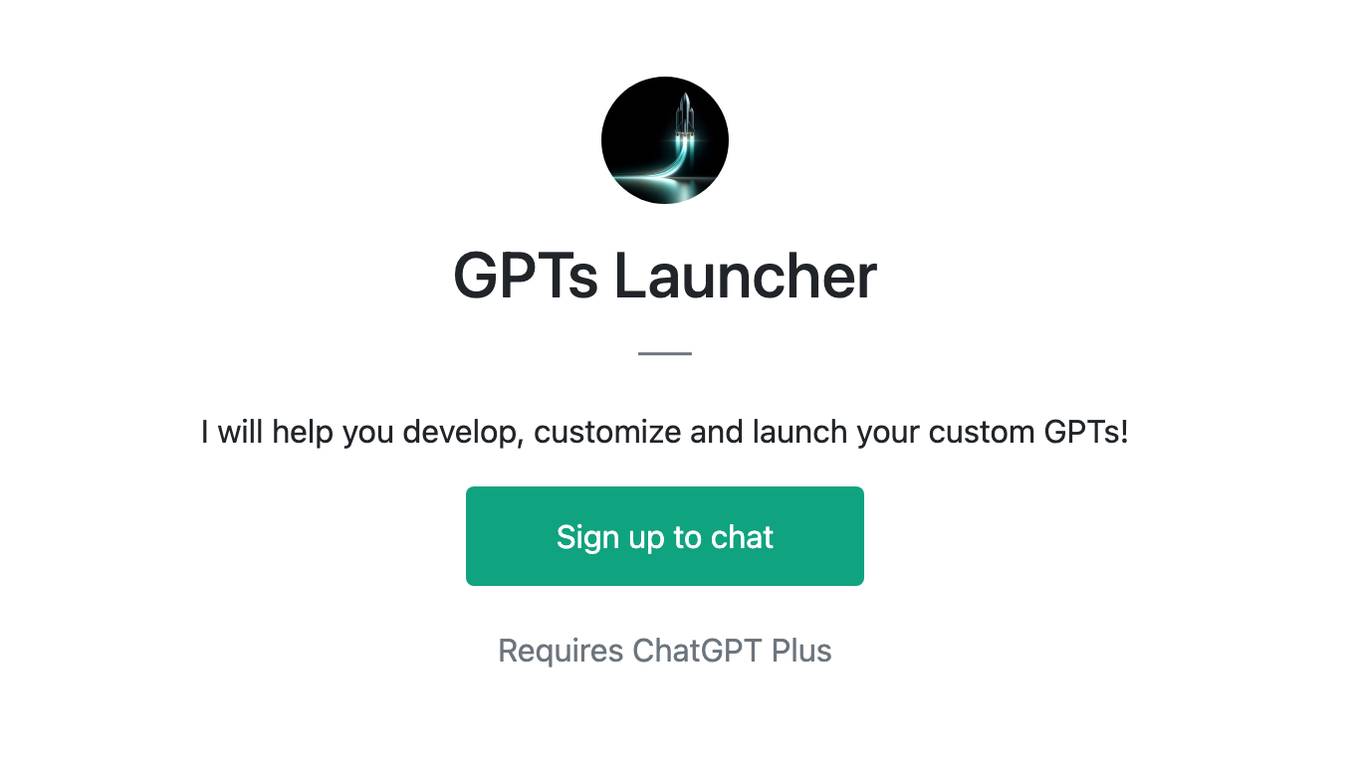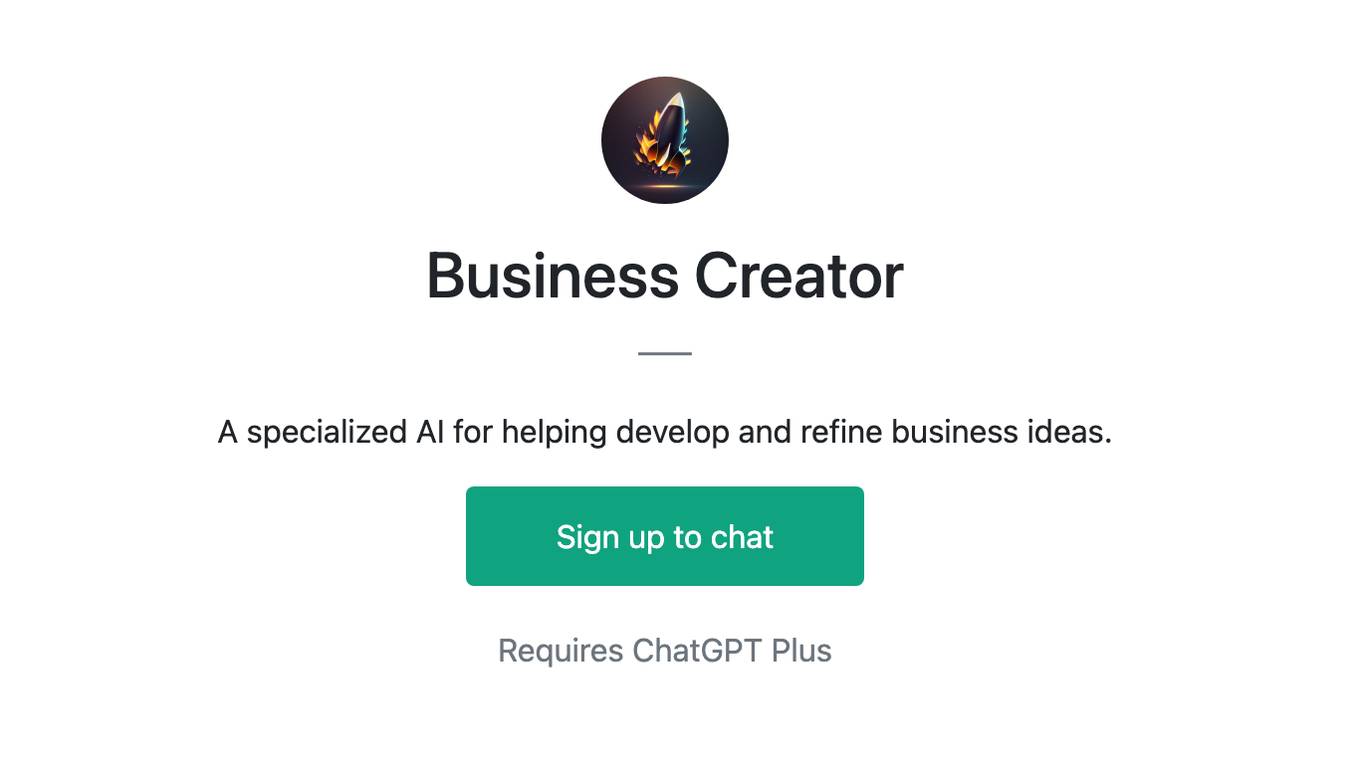Best AI tools for< Develop Embedded Systems >
20 - AI tool Sites

N-iX
N-iX is a global provider of software development outsourcing services with delivery centers across Europe and over 2,200 expert software developers. We partner with technology businesses globally helping them to build successful engineering teams and create innovative software products. Our expertise includes cloud solutions, data analytics, machine learning & AI, embedded software and IoT, enterprise VR, and RPA and enterprise platforms.
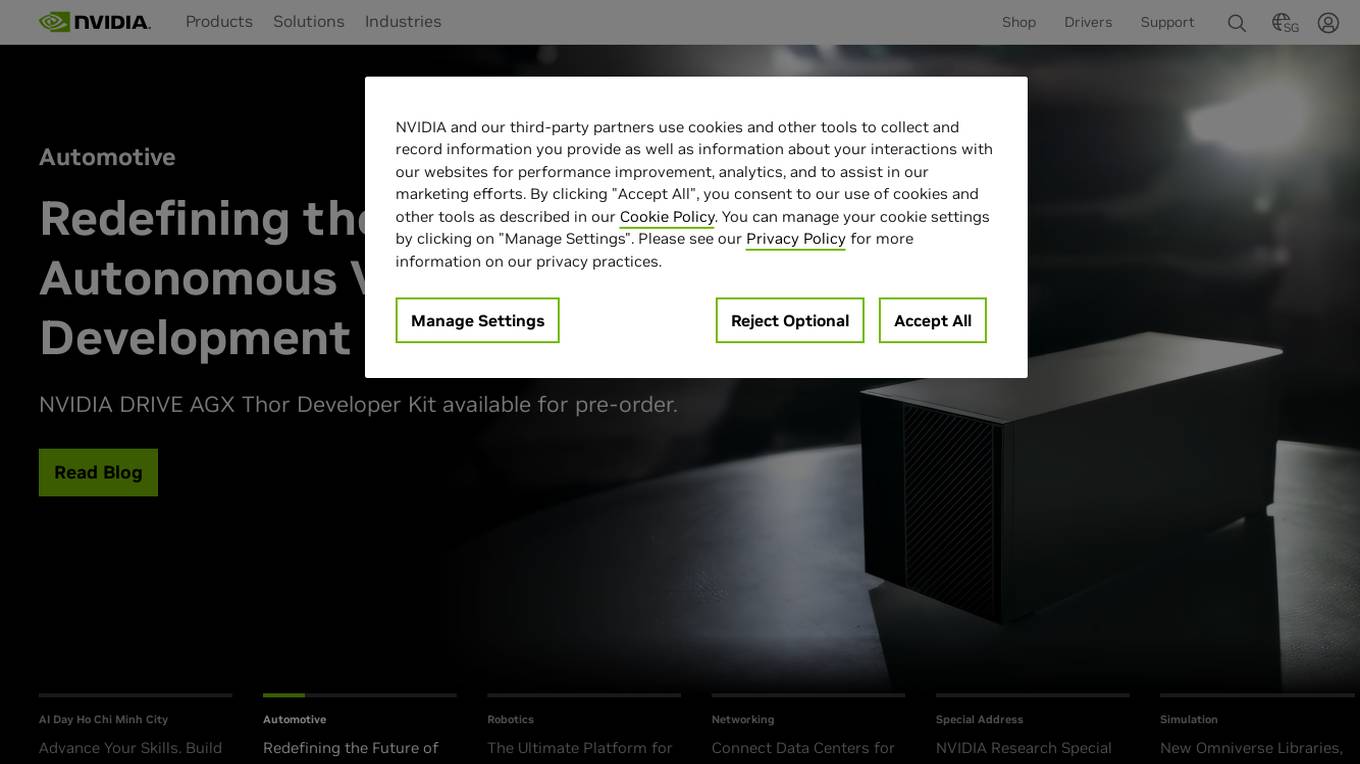
NVIDIA
NVIDIA is a world leader in artificial intelligence computing, providing solutions for cloud services, data center, embedded systems, gaming, and creating graphics cards and GPUs. They offer a wide range of products and services, including AI-driven platforms for life sciences research, end-to-end AI platforms, generative AI deployment, advanced simulation integration, and more. NVIDIA focuses on modernizing data centers with AI and accelerated computing, offering enterprise AI platforms, supercomputers, advanced networking solutions, and professional workstations. They also provide software tools for AI development, data center management, GPU monitoring, and more.

Faraday
Faraday is a no-code AI platform that helps businesses make better predictions about their customers. With Faraday, businesses can embed AI into their workflows throughout their stack to improve the performance of their favorite tools. Faraday offers a variety of features, including propensity modeling, persona creation, and churn prediction. These features can be used to improve marketing campaigns, customer service, and product development. Faraday is easy to use and requires no coding experience. It is also affordable and offers a free-forever plan.
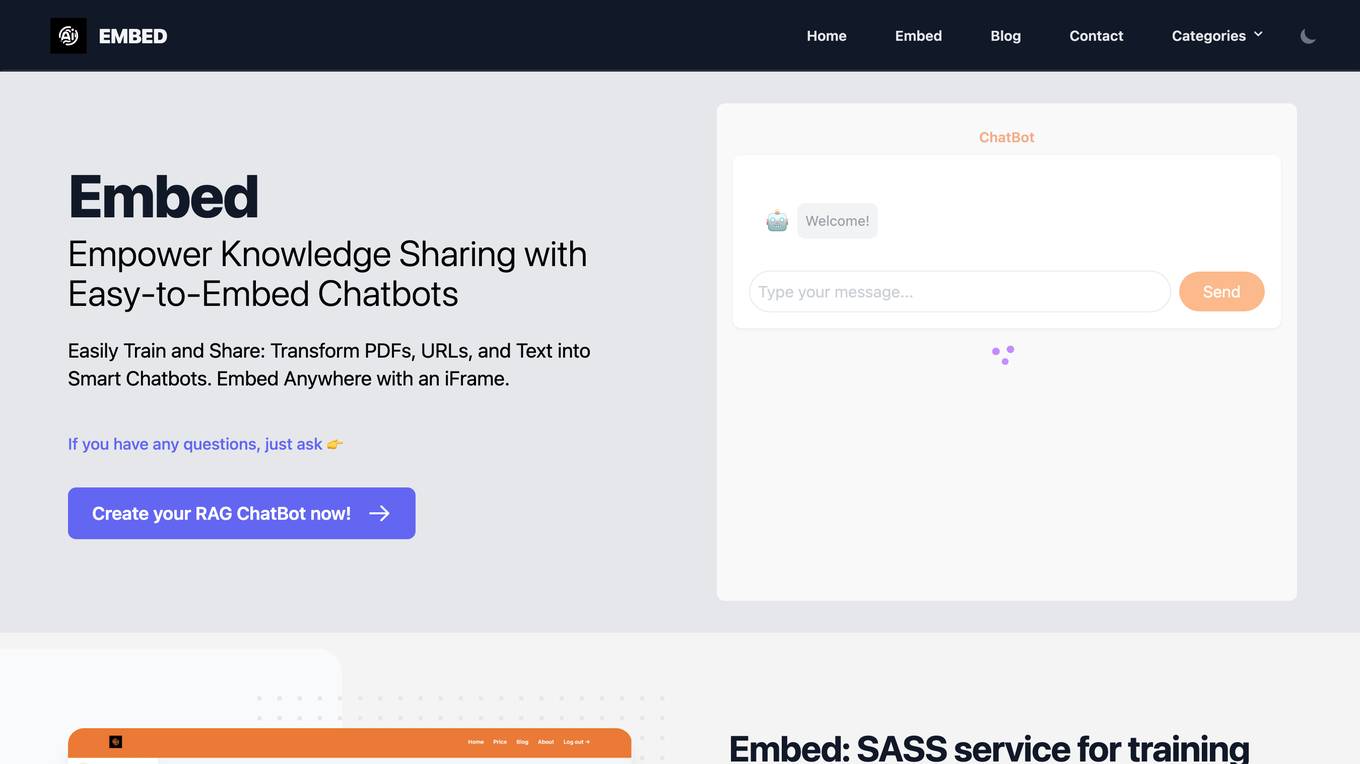
RAG ChatBot
RAG ChatBot is a service that allows users to easily train and share chatbots. It can transform PDFs, URLs, and text into smart chatbots that can be embedded anywhere with an iframe. RAG ChatBot is designed to make knowledge sharing easier and more efficient. It offers a variety of features to help users create and manage their chatbots, including easy knowledge training, continuous improvement, seamless integration with OpenAI Custom GPTs, secure API key integration, continuous optimization, and online privacy control.

Simplilearn
Simplilearn is an online bootcamp and certification platform that offers courses in various fields, including AI and machine learning, project management, cyber security, cloud computing, and data science. The platform partners with leading universities and companies to provide industry-relevant training and certification programs. Simplilearn's courses are designed to help learners develop job-ready skills and advance their careers.
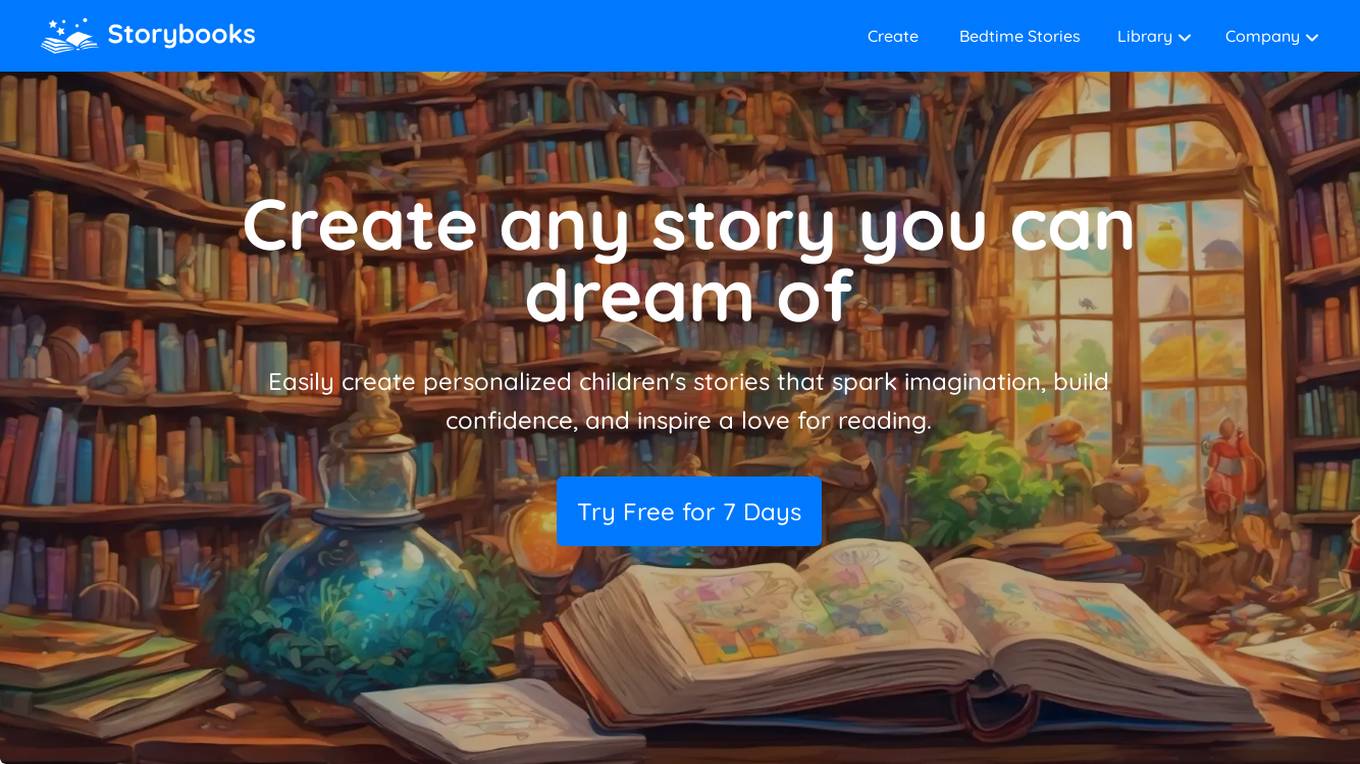
Storybooks
Storybooks is an online platform that allows users to create personalized children's stories. With Storybooks, users can choose their own storylines, illustrations, and characters to create unique and engaging stories for their children. Storybooks also offers a variety of features to help children learn and grow, such as games, puzzles, and activities. The platform is designed to be easy to use and accessible to all families, regardless of their income or background.
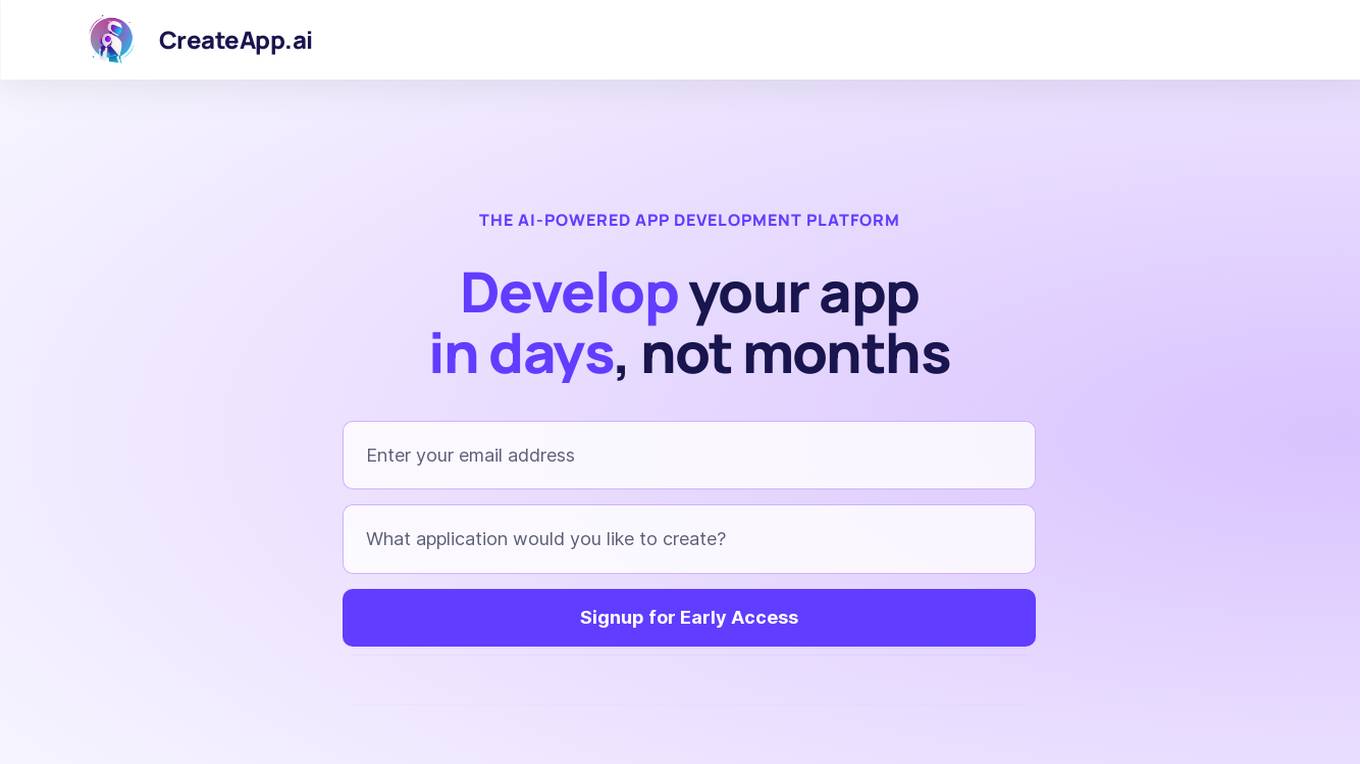
CreateApp.ai
CreateApp.ai is an AI-powered app development platform that allows users to develop apps in days, not months. It is trusted by leading companies and startup incubators. CreateApp.ai's first step towards its vision is CreatePrototype.ai, which allows users to describe their idea in plain English and build an app prototype in minutes. CreateApp.ai is coming soon, and users can sign up for early access. With CreateApp.ai, users can develop apps in plain English, without any tech knowledge required. CreateApp.ai takes care of everything, from app design and development to app maintenance. CreateApp.ai is the easiest way to build apps.

Skillsoft
Skillsoft is an online learning platform that provides a variety of courses and programs to help employees develop their skills and knowledge. The platform uses AI to personalize the learning experience for each user, and it offers a variety of features to help users track their progress and achieve their goals. Skillsoft is used by over 12,000 organizations worldwide, and it has been shown to improve employee engagement, productivity, and retention.

CodeSignal
CodeSignal is an AI-powered platform that helps users discover and develop in-demand skills. It offers skills assessments and AI-powered learning tools to help individuals and teams level up their skills. The platform provides solutions for talent acquisition, technical interviewing, skill development, and more. With features like pre-screening, interview assessments, and personalized learning, CodeSignal aims to help users advance their careers and build high-performing teams.
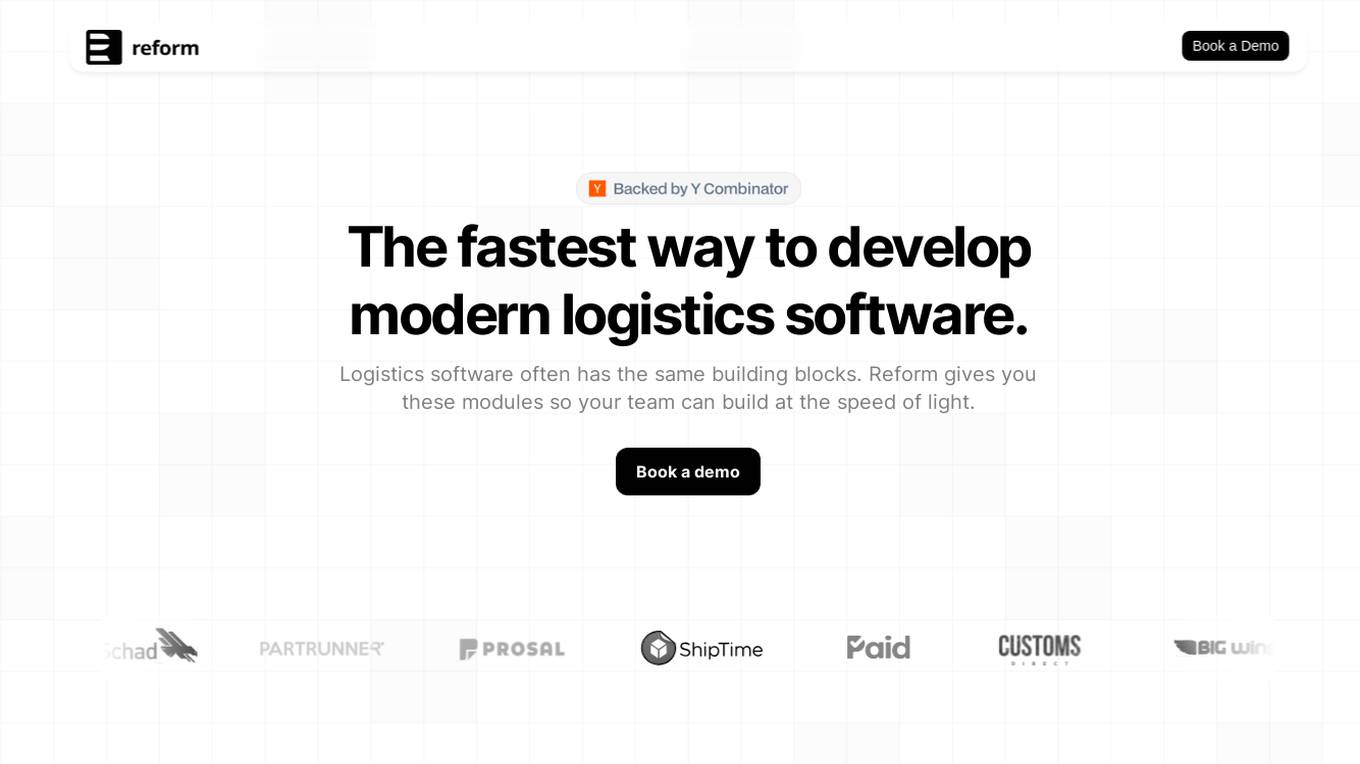
Reform
Reform is a modern logistics software development platform that provides pre-built modules and AI capabilities to help teams build logistics applications quickly and efficiently. It offers features such as document AI for automating data capture, universal TMS integrations for seamless connectivity, embeddable customer dashboards for real-time data visibility, and more.
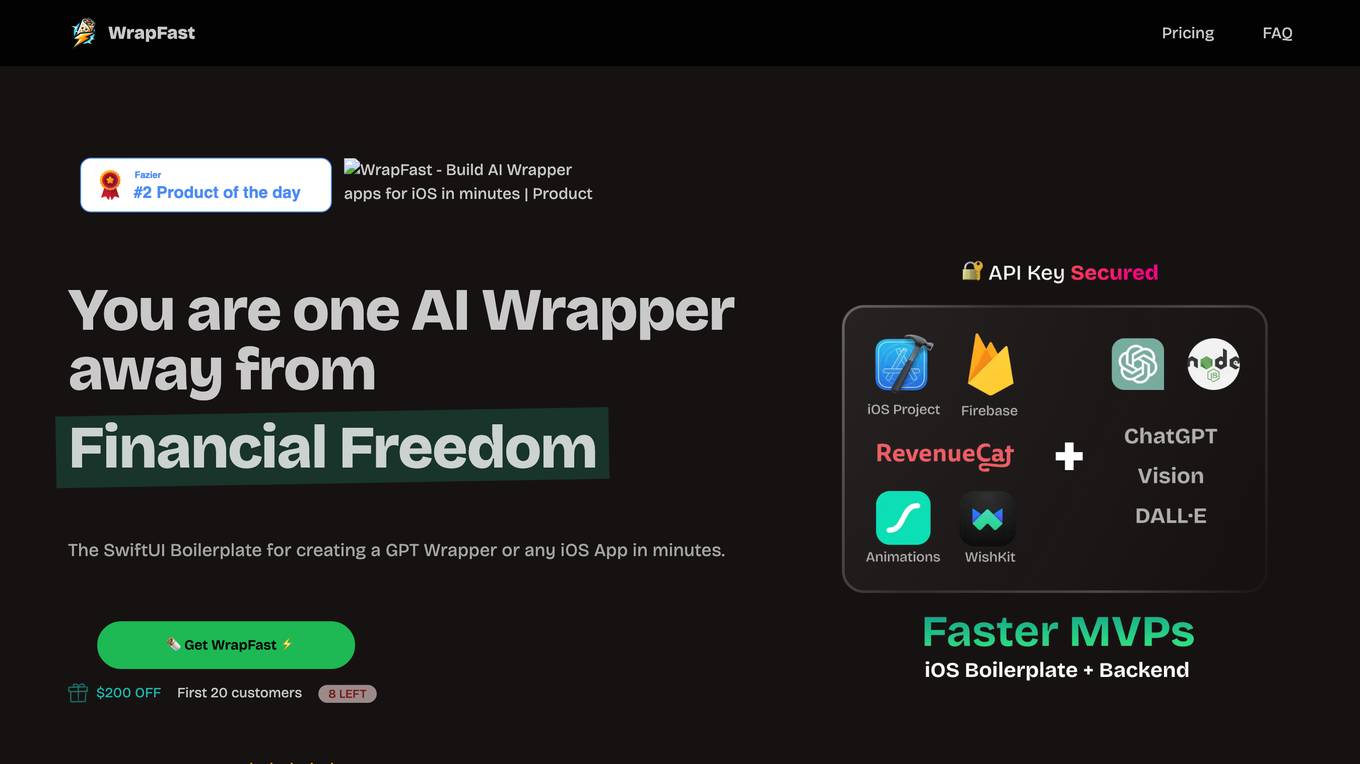
WrapFast
WrapFast is a SwiftUI boilerplate that helps developers create AI wrappers and iOS apps quickly and easily. It provides pre-written code for common tasks such as authentication, onboarding, in-app purchases, paywalls, securing API keys, cloud database, analytics, settings, and collecting user feedback. WrapFast is designed to save developers time and effort, allowing them to focus on building their core features. It is suitable for both experienced iOS developers and beginners who are new to the platform.
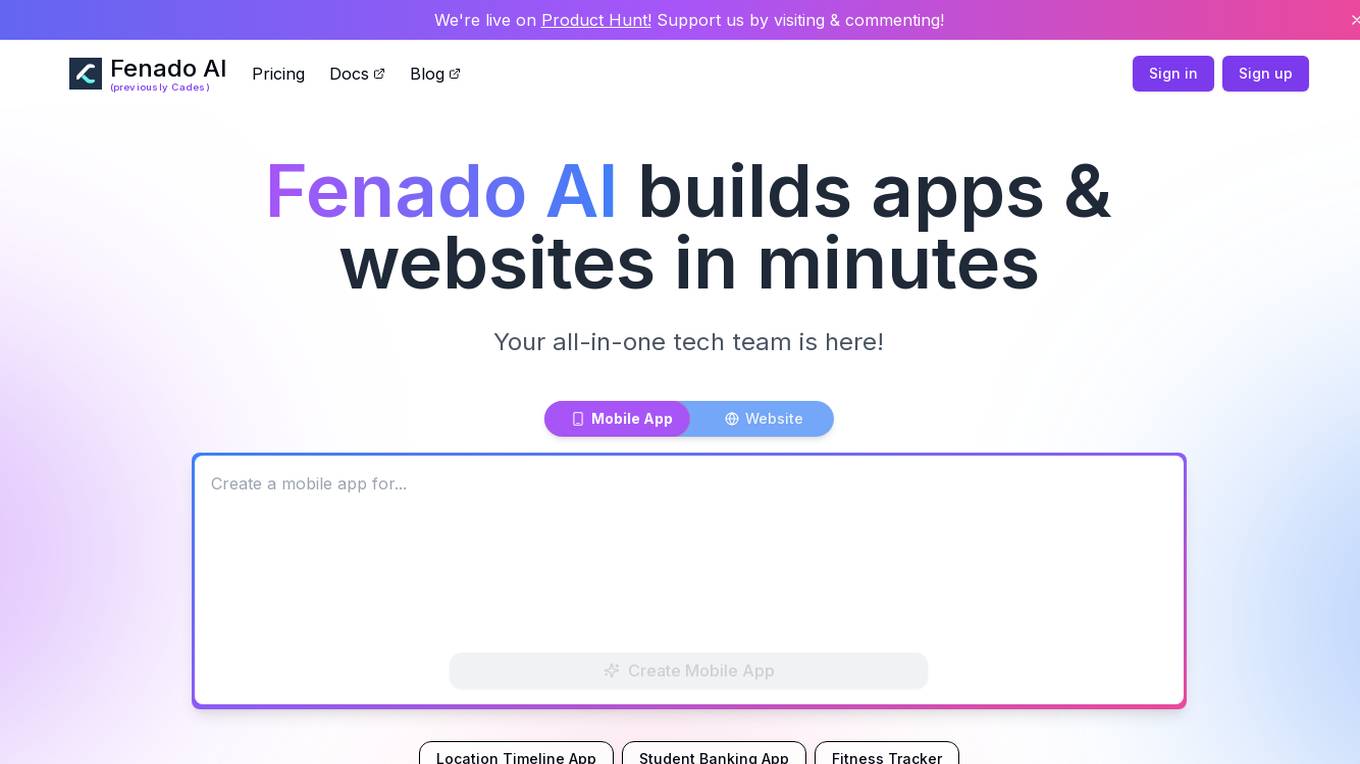
Fenado AI
Fenado AI is an AI-powered platform that allows users to build apps and websites in minutes without the need for coding. Users can describe their ideas to the AI, chat with it to refine, and then publish with just one click. The platform offers instant prototypes, AI-powered creation, design assistance, business dashboard, and scalability for users to launch their startups quickly and efficiently.
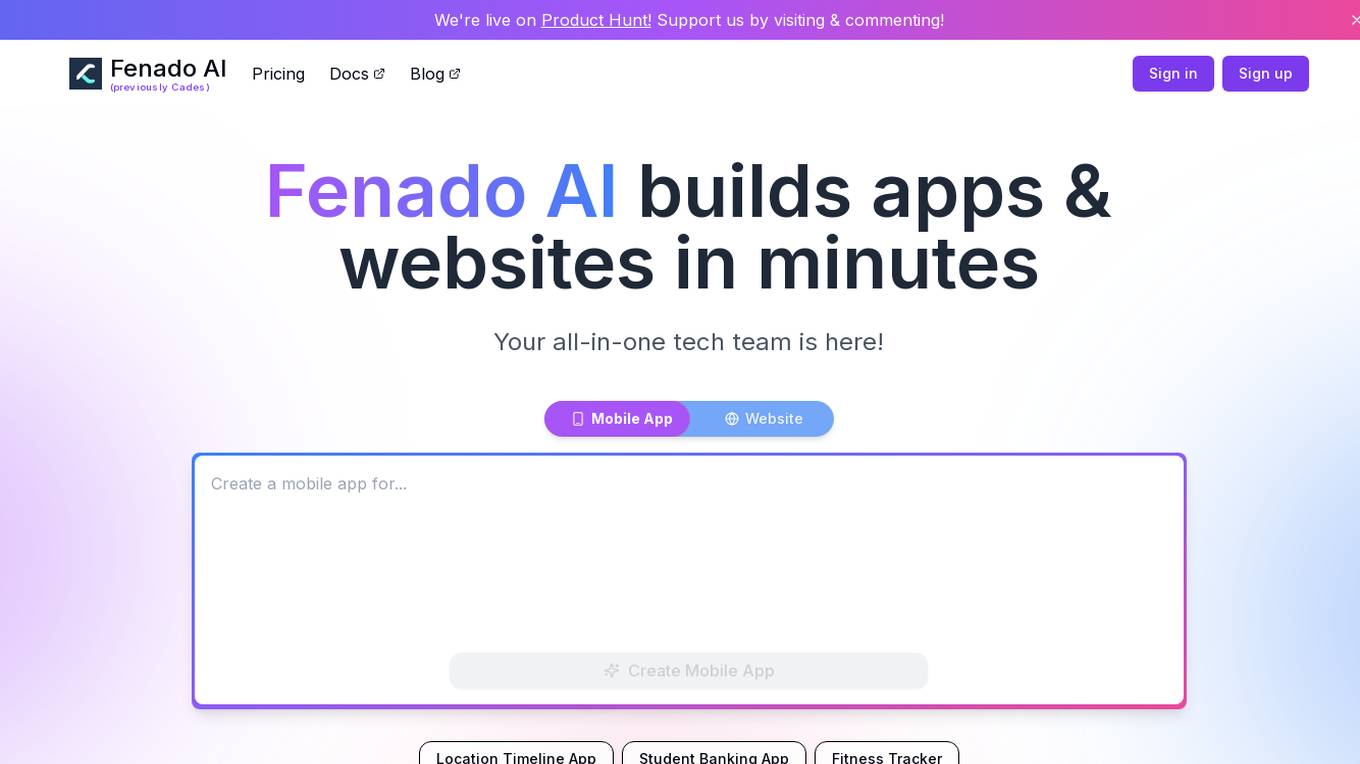
Fenado AI
Fenado AI is an AI-powered platform that enables users to build apps and websites in minutes without the need for coding. Users can describe their ideas to the AI, chat with it to refine the designs, and then publish with just one click. The platform offers instant prototypes, AI-powered creation, design assistance, business dashboard, and scalability for users to launch their startups quickly and efficiently.
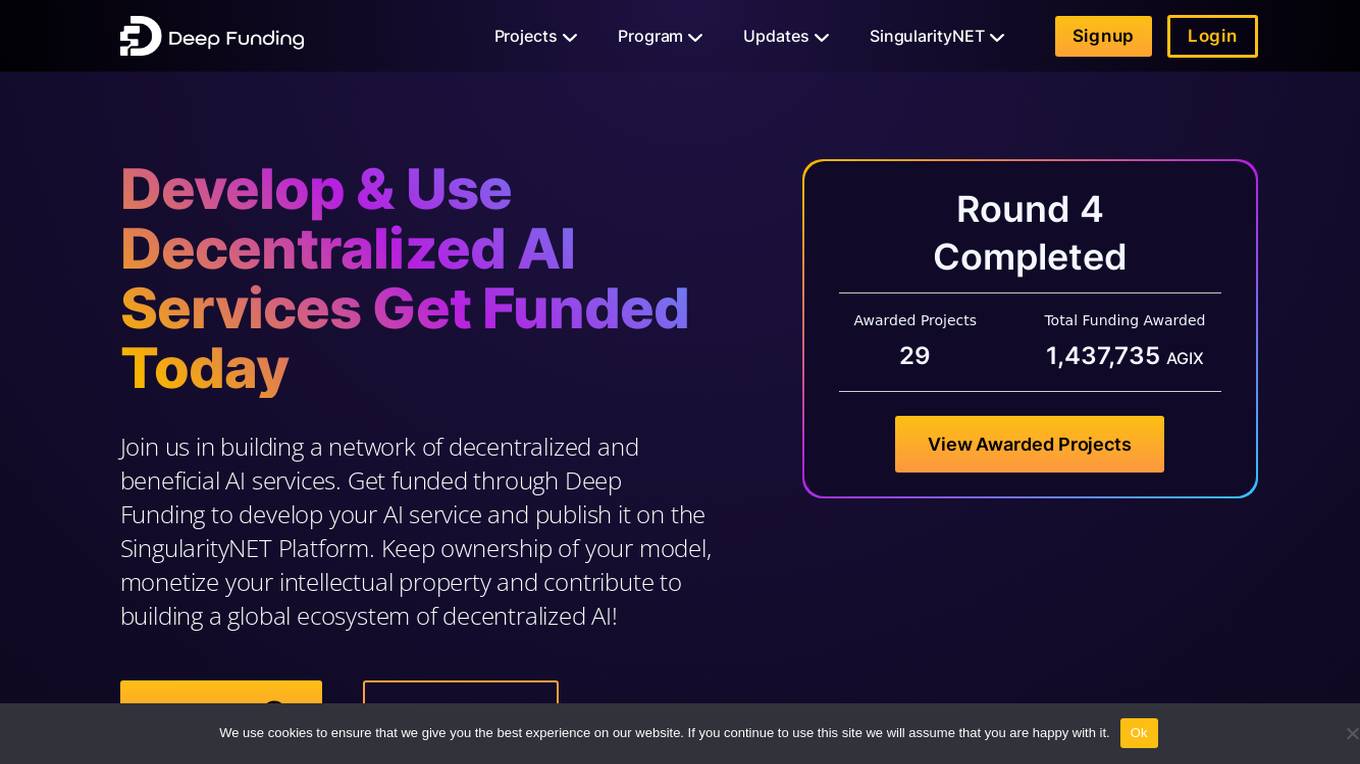
SingularityNET
SingularityNET is a decentralized AI platform that offers funding opportunities for AI projects. It allows individuals and organizations to develop and monetize their AI services while keeping ownership of their models. The platform aims to build a global ecosystem of decentralized and beneficial AI services through community-driven programs and rewards. SingularityNET provides a space for project proposals, expert reviews, and grants to support the growth of AI projects aligned with the goal of building a Beneficial Artificial General Intelligence.
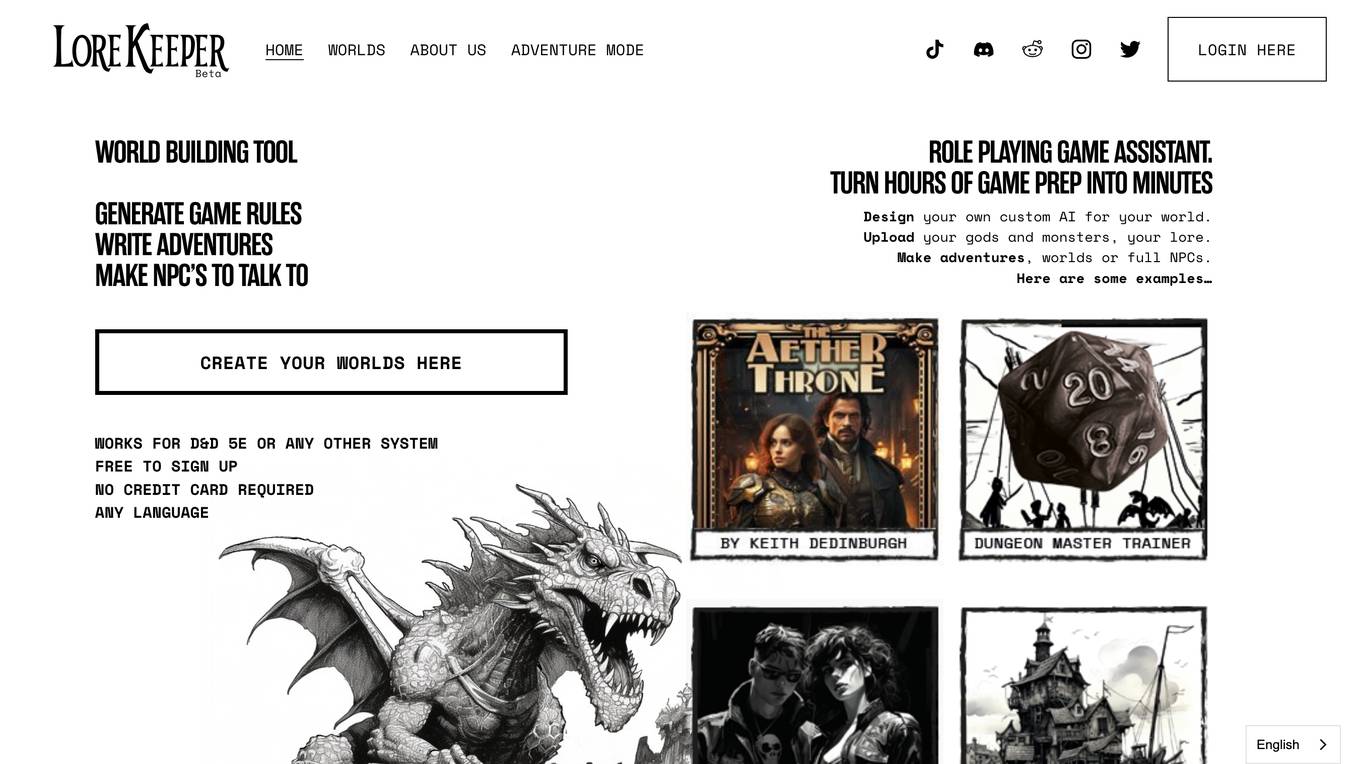
LoreKeeper
LoreKeeper is an AI-powered tool designed to assist tabletop role-players in creating, planning, and running campaigns. It simplifies the game planning process by transforming complex tasks into simple ones, allowing users to unleash their creativity and bring their RPG universe to life. With features like creating worlds, rules, NPCs, and rendering images and game assets, LoreKeeper revolutionizes the TTRPG gaming experience, making it easier for users to focus on storytelling and gameplay rather than intricate details.
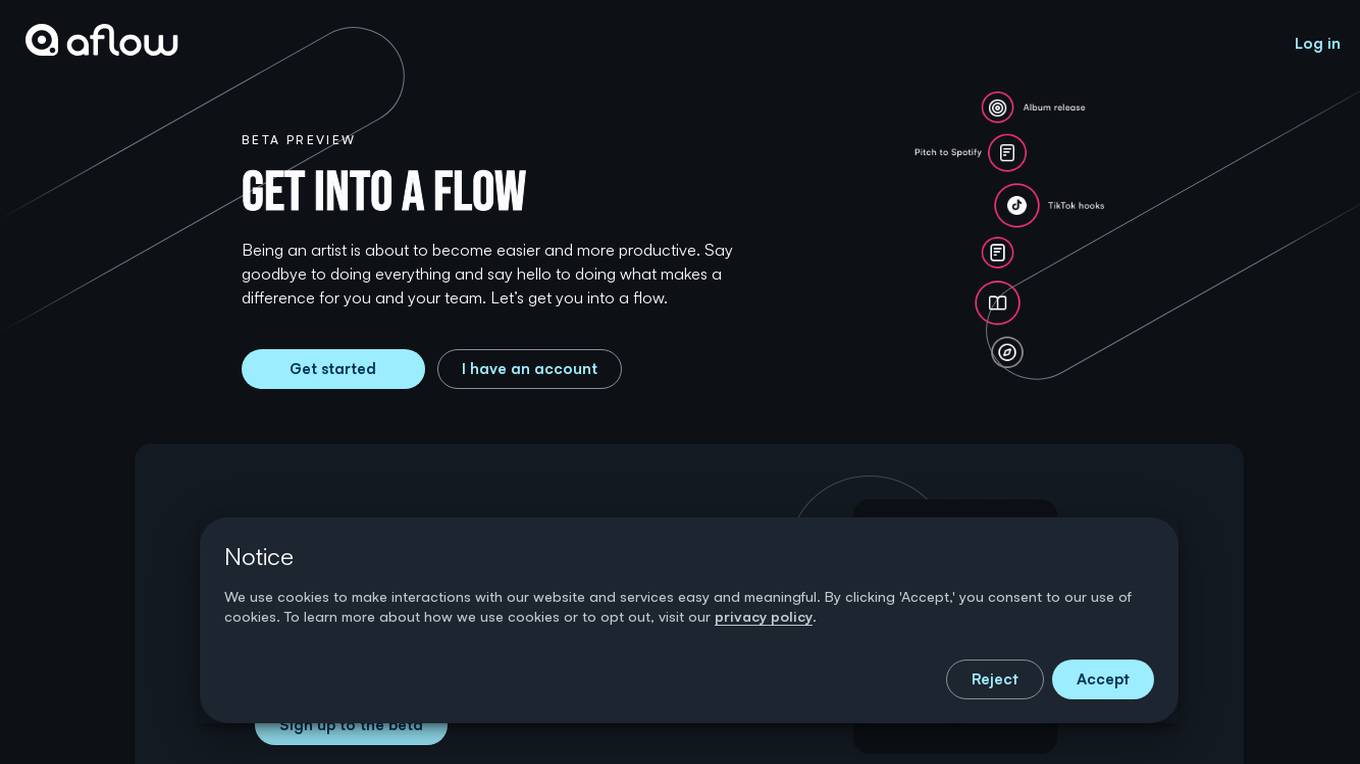
Aflow
Aflow is an AI-driven service designed to help artists enhance their productivity and creativity. It aims to simplify the artistic process by enabling users to focus on what truly matters, such as developing skills, creating content, and achieving goals. With Aflow, users can get into a flow state where they can be more efficient and effective in their work. The platform provides a supportive environment for artists to grow and succeed, offering a range of features to inspire and motivate them.

CreateApp AI
CreateApp AI is an AI-powered app development platform that allows users to develop their applications in a matter of days, rather than months. The platform is trusted by leading companies and startup incubators, offering services from application design to development and maintenance. CreateApp.ai simplifies the app development process by providing coding, testing, and launching services across major platforms like Web, iOS, and Android. With a focus on user ideas, the platform aims to bring them to life through seamless development and maintenance solutions.

Verihubs
Verihubs is an AI-based verification system that offers backend infrastructure solutions for digital businesses. It provides services such as deepfake detection, face recognition, liveness detection, data extraction, identity verification, phone number verification, and watchlist screening. The platform helps protect businesses from fraud by verifying user identities and preventing AI-based video and image identity fraud. Verihubs is trusted by over 400 clients worldwide for its secure and reliable services.
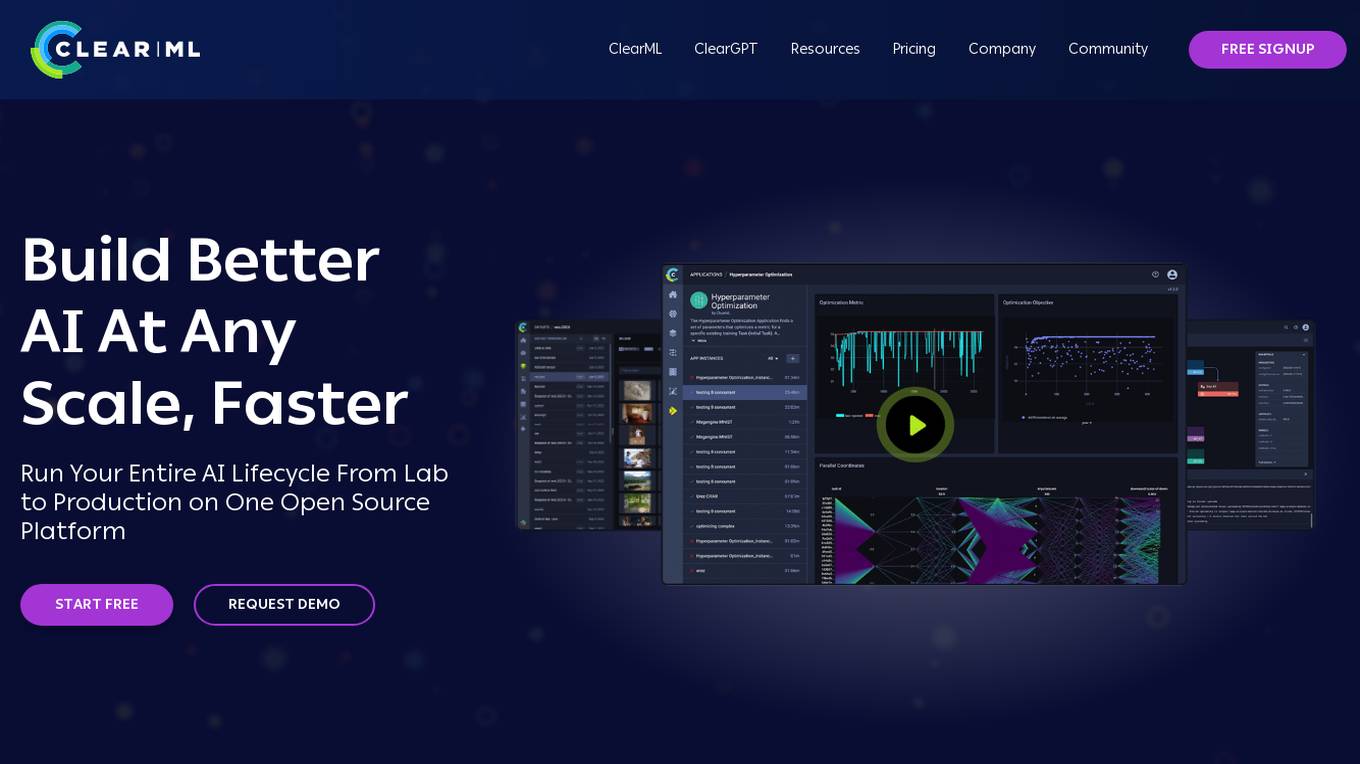
ClearML
ClearML is an open-source, end-to-end platform for continuous machine learning (ML). It provides a unified platform for data management, experiment tracking, model training, deployment, and monitoring. ClearML is designed to make it easy for teams to collaborate on ML projects and to ensure that models are deployed and maintained in a reliable and scalable way.
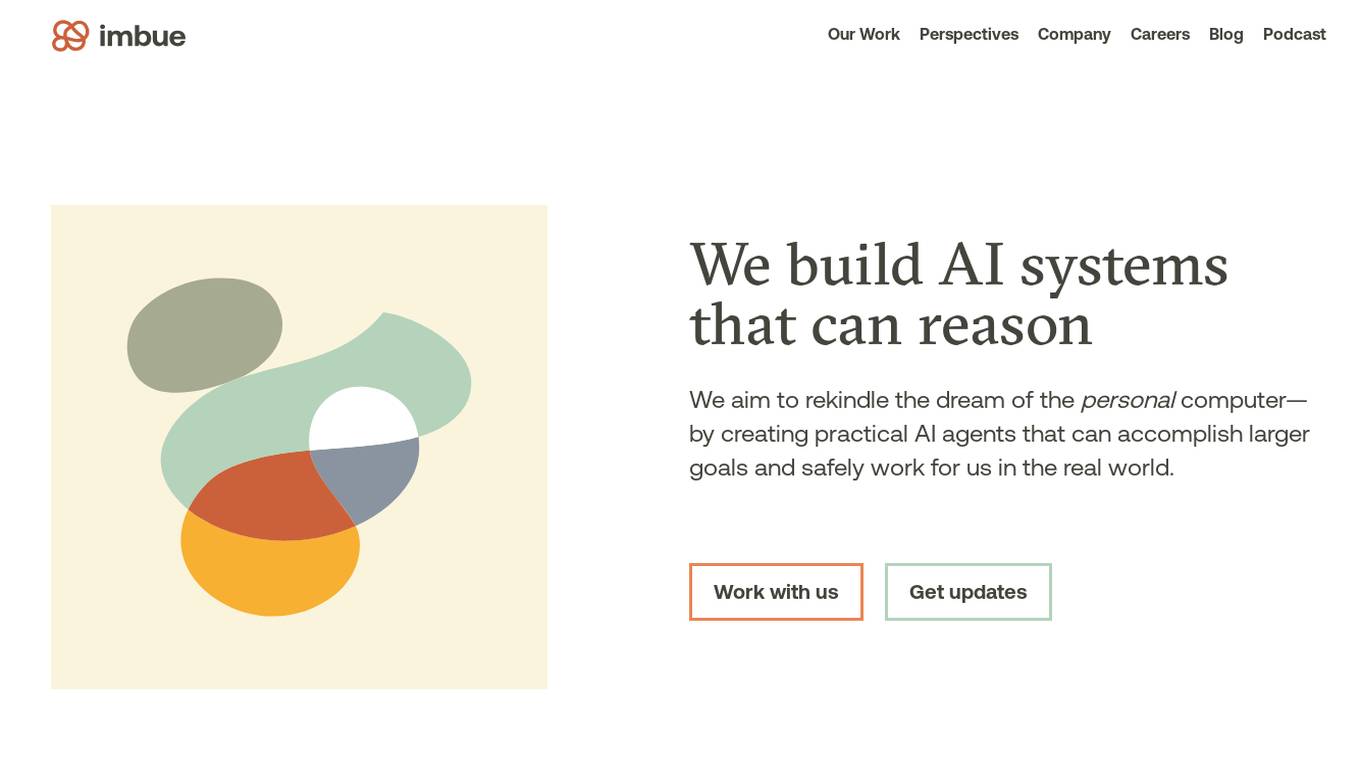
Imbue
Imbue is a company focused on building AI systems that can reason and code, with the goal of rekindling the dream of the personal computer by creating practical AI agents that can accomplish larger goals and work safely in the real world. The company emphasizes innovation in AI technology and aims to push the boundaries of what AI can achieve in various fields.
0 - Open Source AI Tools
20 - OpenAI Gpts
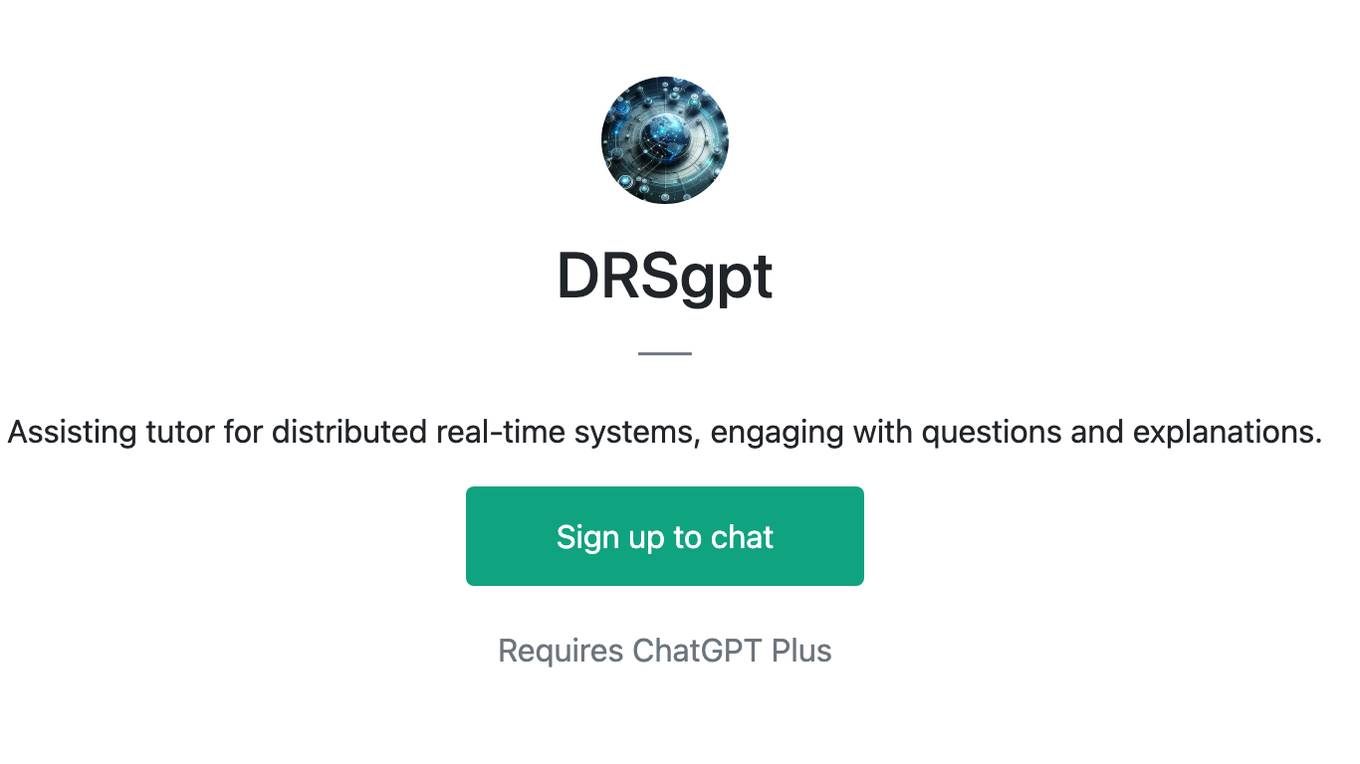
DRSgpt
Assisting tutor for distributed real-time systems, engaging with questions and explanations.
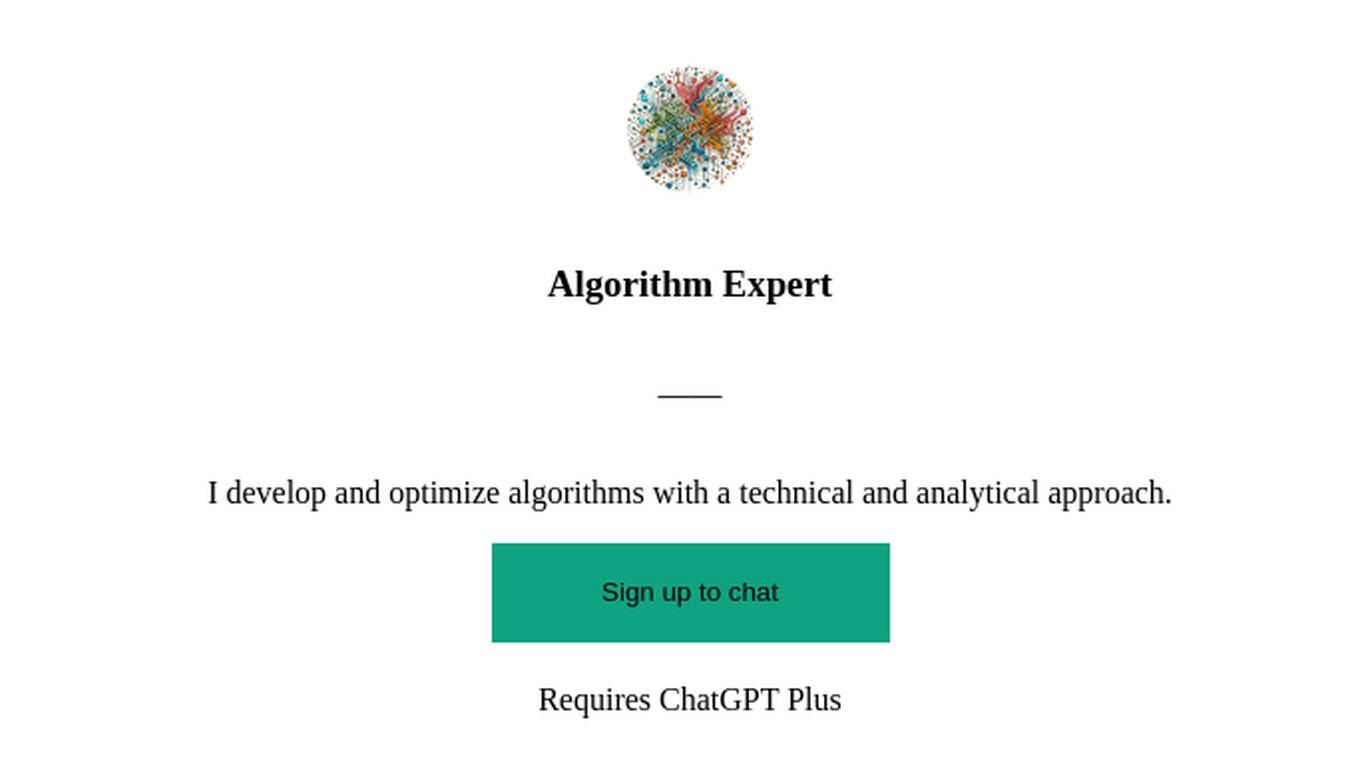
Algorithm Expert
I develop and optimize algorithms with a technical and analytical approach.

Gastronomica
Develop recipes with a deep knowledge of food and culinary science, the art of gastronomy, as well as a sense of aesthetics.

ConsultorIA
I develop AI implementation proposals based on your specific needs, focusing on value and affordability.

Training Innovator
Helps develop training modules in Business, Management, Leadership, and HRM.
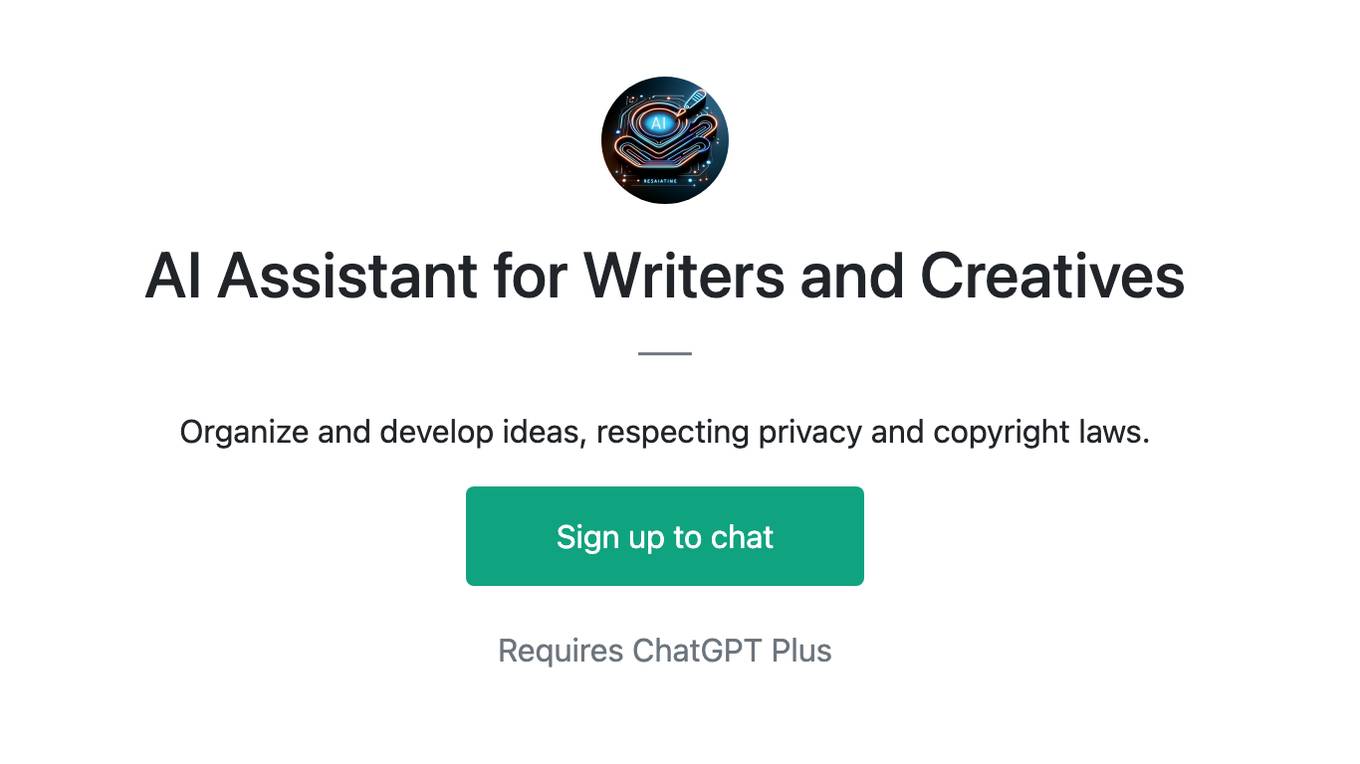
AI Assistant for Writers and Creatives
Organize and develop ideas, respecting privacy and copyright laws.
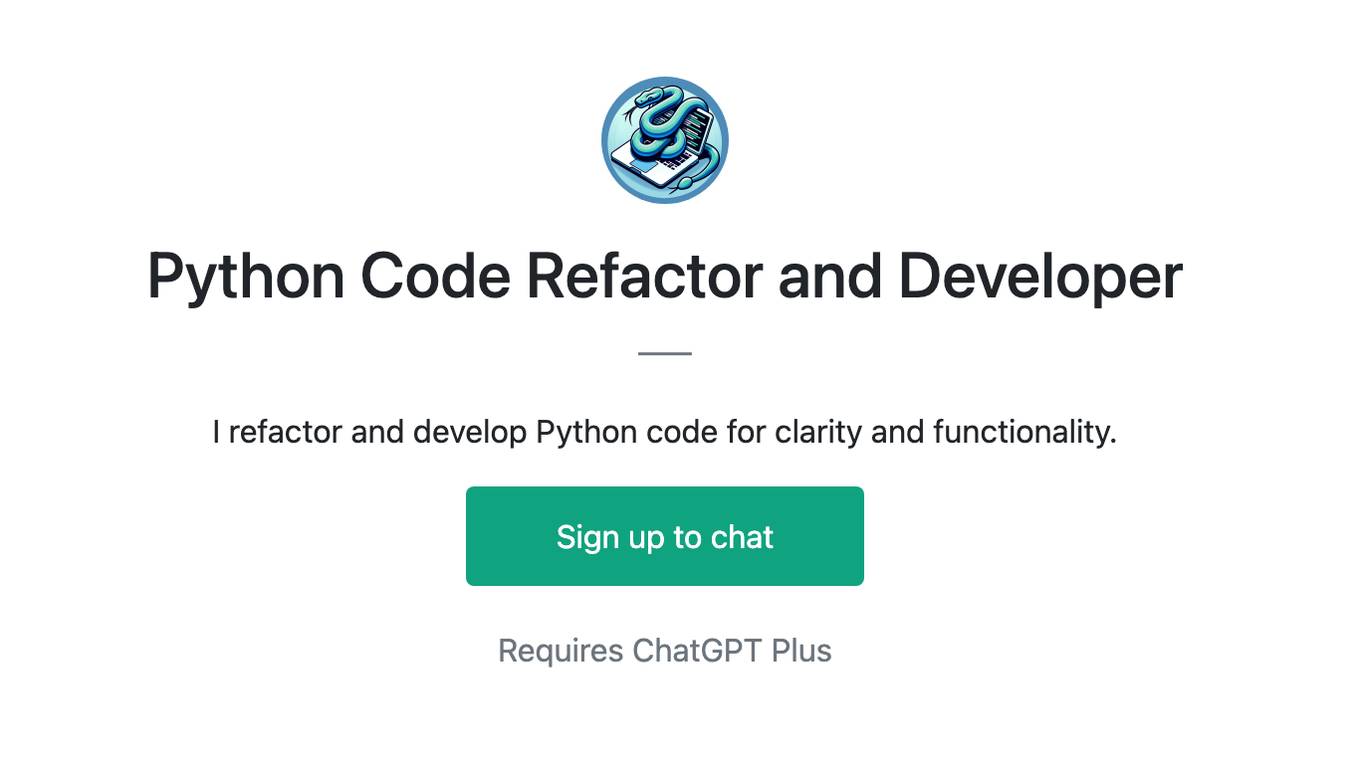
Python Code Refactor and Developer
I refactor and develop Python code for clarity and functionality.
